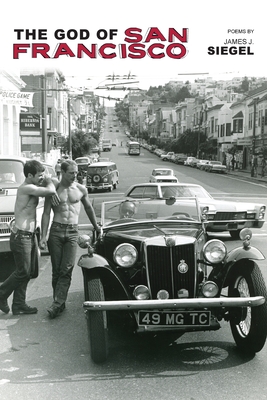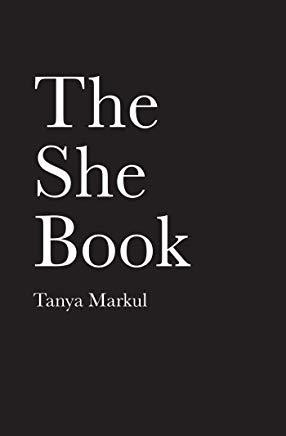
In The God of San Francisco, James J. Siegel examines queer grief during the onset of the AIDS crisis through a lavender-and-leather pantheon: St. Christopher, Allah, and the God of San Francisco transubstantiate a sarcoma's cicatrix into sequins, a viral dowry into a benevolent plume of dazzling feathers. From Laramie, Wyoming, to Toledo, Ohio, Siegel performs a magisterial frilling of historical attention, always emerging as "an extraordinary conflagration. A beautiful immolation." At once an elegiac columbarium and search-and-rescue map for future bliss, The God of San Francisco trills from the Castro Funeral Home to North Beach and back, surmising death as something honeyed and lissome, "eulogies eulogized." Desire masquerades as "a raven gliding / on the backdrop of midnight" and "Jesus in fishnets, / crossdressing his way through Nazareth," and desire cedes each poem's boy, spectral or otherwise, a warm hand, green grass, "the sun's rays on our skin."







